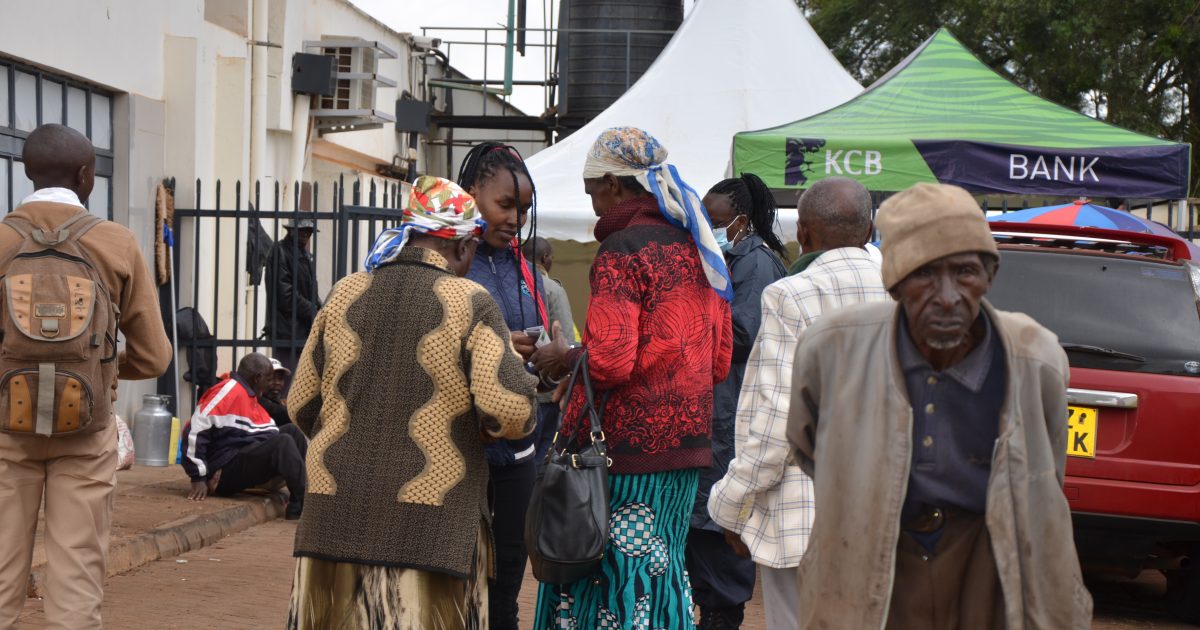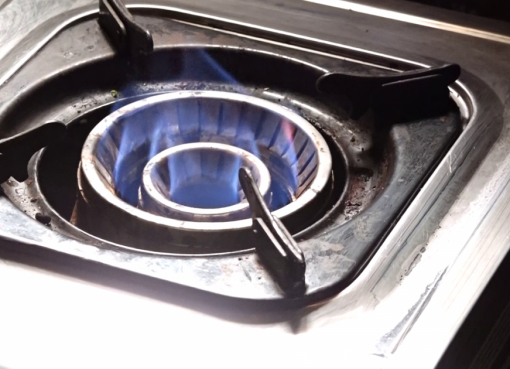Beneficiaries of the Inua Jamii cash transfer programme will now be accessing their money on a monthly basis to help address perennial backlogs in disbursing the stipends.
The decision comes at a time when beneficiaries of the social safety net that covers Orphans and Vulnerable Children (OVC), Older Persons (OPC), and Persons with Severe Disabilities (PSD) had been forced to wait for months before receiving the dues.
Speaking to KNA, Nyeri County Children Officer Mwaniki Kung’u said already, the State Department for Social Protection and Senior Citizens has disbursed Sh 2.8 billion as payment for the Inua Jamii Cash transfer for the month of July.
The State also released an extra Sh 4.3 million for the Nutrition Improvement through Cash and Health Education (NICHE) program, which complements the Inua Jamii initiative.
A total of 1,042,864 persons are expected to benefit from this disbursement.
Kung’u said they expect to disburse Sh 2,000 per household to a total of 4,800 households through the Cash Transfer to Orphans and Vulnerable Children CT-OVC and a similar amount to each of the 17,000 elderly persons under the Older Persons Cash Transfer (OPCT) programme for the month of July.
The officer has lauded the move by the Government, terming it a big relief for hundreds of beneficiaries who initially had to wait for months before accessing the money. He also lauded the President for announcing the start of a new enrolment for new beneficiaries for the programme beginning next month.
“We are happy to announce that all the pending arrears for the Inua Jamii payment since 2021 to date have been paid out. What we are currently doing is clearing payments for the month of July,” said Kung’u.
“Towards the end of this month, we expect to pay out moneys for August and embark on enlisting new beneficiaries for this program as was directed by the Head of State yesterday,” said Kung’u.
For one to access the funds, he or she must have been registered through the Consolidated Cash Transfer Program Management Information System (CCTPMIS).
In addition, one must be in possession of and Inua Jamii payment card, National Identity Card, and a caregiver national card every time he or she wants to make a withdrawal.
The officer has however urged beneficiaries to be wary of fraudsters out to cash on their vulnerability in order to swindle the off the money and urged them to seek the services of trusted relatives or confidants while making withdrawals.
He has also advised the beneficiaries to take advantage of the mobile banking agents near them instead of traveling long distances to their payment service providers.
Beneficiaries have the liberty to choose among six banks as their payment service provider. They include Equity, Cooperative, National Bank, Kenya Women Microfinance Trust, Kenya Commercial Bank and Kenya Post Office Saving Bank (Post Bank).
“This money is basically meant to assist the beneficiary to improve his or her quality of life and not necessarily to be spent on purchasing non-essentials. They can even start some sort of income-generating activity such as beekeeping or even a small roadside food outlet,” said Kung’u.
“We are therefore advising those who have qualified for this money to be very cautious on how they spend the stipend and also ensure those around them do not take advantage of their situation to pocket some or all of the money leaving them suffering,” he added.
Dr. Ruto has promised that his administration will be diligent in ensuring there is timely disbursement of the funds that ensure the most vulnerable in life can enhance their quality of life.
The OPCT, PWSD-CT) and CT-OVC programs were established in September 2013 to uplift the lives of the most vulnerable members in society in a bid to enable them to meet their most basic needs.
The National Safety Net Programme (NSNP) covers a total of 1.2 million households in the three cash transfer programmes. As of 2018/19, the cash transfer for orphans and vulnerable children had enrolled 353,000 households, representing 29 per cent coverage.
The older persons cash transfer (targeting households with individual(s) aged over 65 years) and the Inua Jamii programme (targeting individuals aged 70 years and above) had 833,129 beneficiaries, representing coverage of 78 percent.
The persons with severe disability cash transfer (PWSD-CT) had 47,000 beneficiaries, representing 3 percent coverage.
By Samuel Maina





